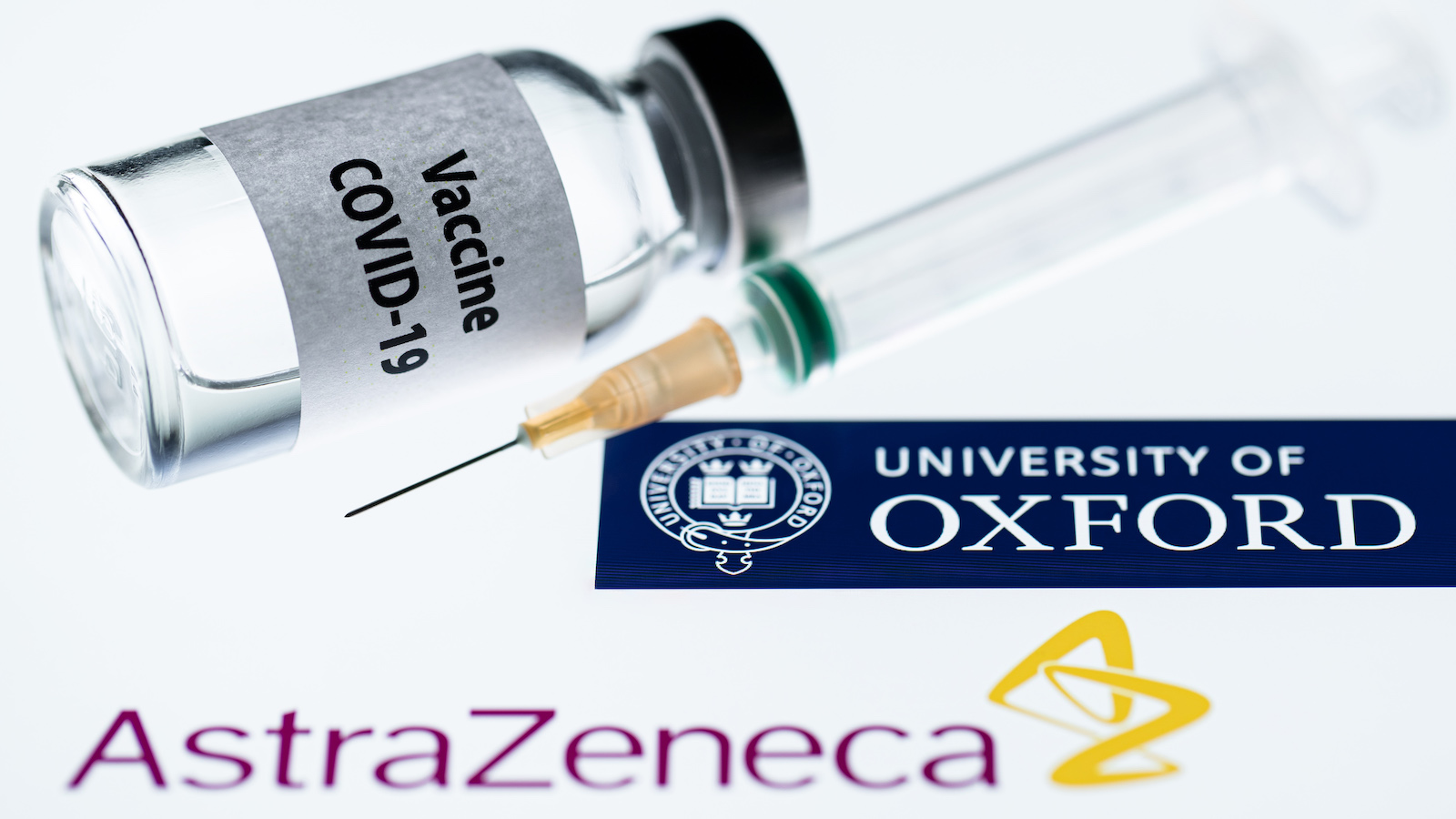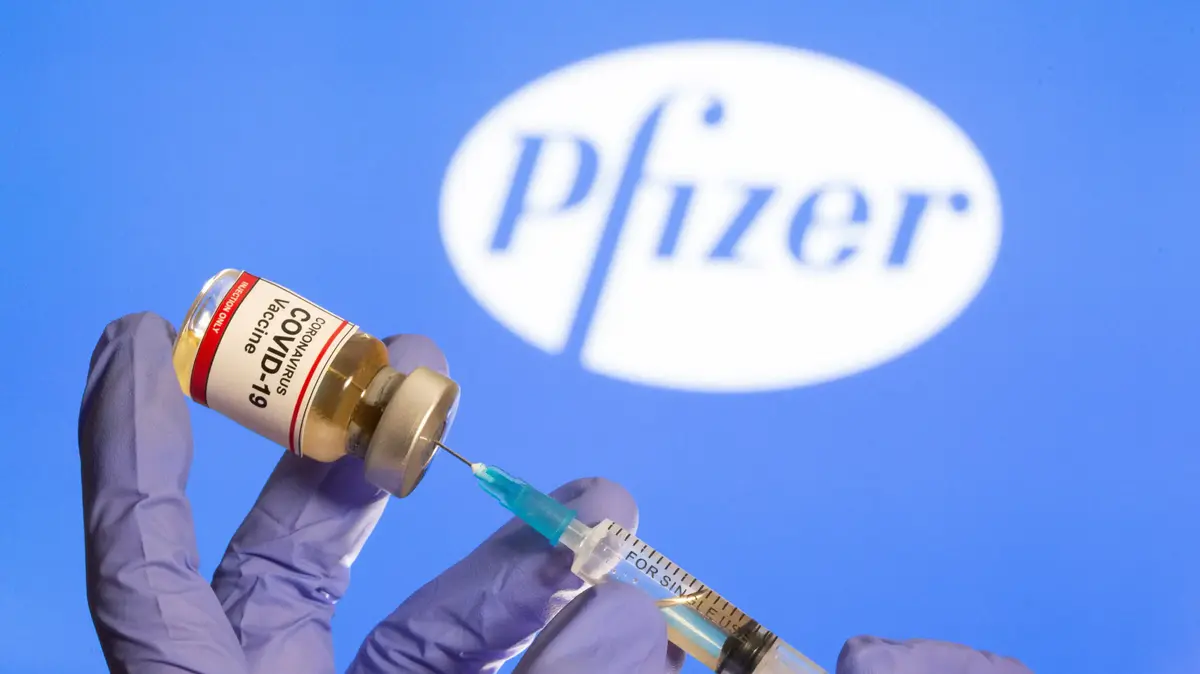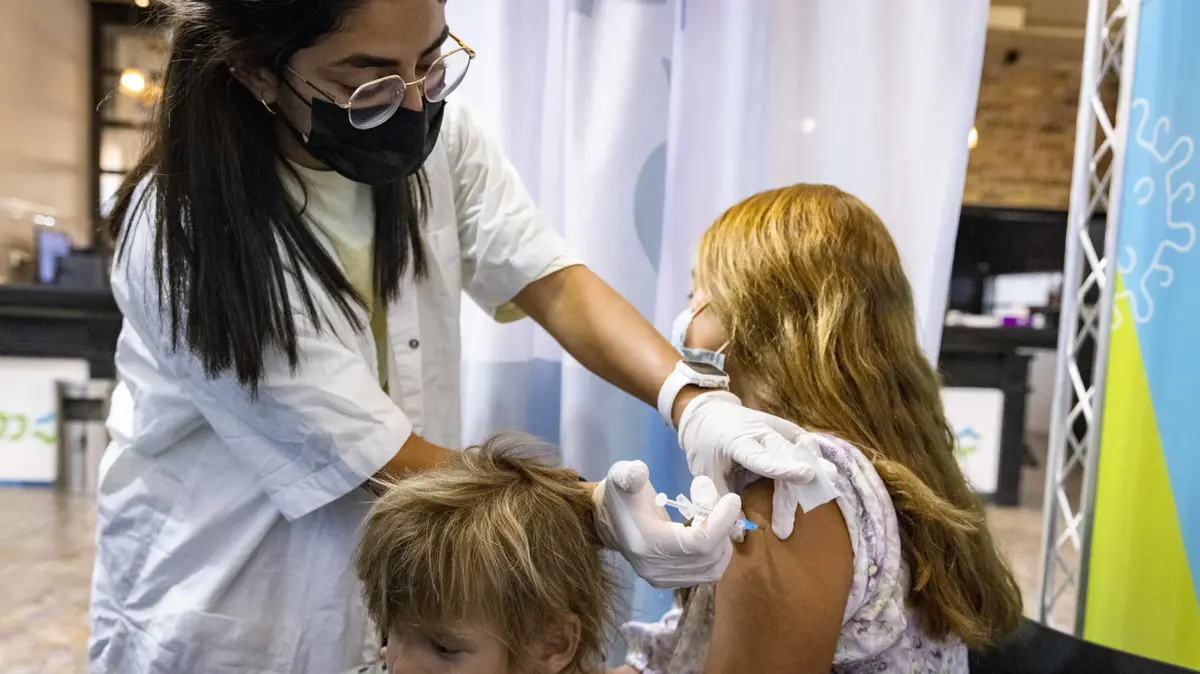4 keys to the AstraZeneca vaccine 2:00
(CNN Spanish) -
AstraZeneca and the University of Oxford made known in a scientific study peer reviewed and published in the medical journal The Lancet something we already knew: their vaccine has an average effectiveness of 70%.
However, said effectiveness increases when in the first –of two vaccinations– half the dose is applied to the patient.
What else did the study show?
Dr. Elmer Huerta explains it in this episode.
You can listen to this episode on Apple Podcasts, Spotify, or your favorite podcast platform, or read the transcript below.
Hello, I am Dr. Elmer Huerta and this is your daily dose of information on the new coronavirus.
Information that we hope will be useful to take care of your health and that of your family.
Today we will see some details of the publication of AstraZeneca and the University of Oxford, in which they confirm that their candidate vaccine is 70% effective on average.
advertising
AstraZeneca and Oxford University: What Do Studies Say About Your Vaccine?
As we saw in the November 24 episode, the British-Swedish pharmacist published a press release on the preliminary results of a phase 2 and 3 study with 23,848 participants in the UK and Brazil.
Now, in a peer-reviewed scientific study published in The Lancet on December 8, the final results of four trials are given: two in the UK, one in Brazil and one in South Africa.
In total, we used data from just 11,636 participants, of whom about half received two doses of the vaccine and the other half two doses of a placebo.
The results indicated that in those volunteers who received two full doses, the vaccine was found to be effective in preventing infection in only 62%.
While for reasons that the study itself calls "intriguing", when a half dose is administered followed by a full dose, the level of efficacy of the vaccine reaches 90%.
The study also shows something very important, that among the volunteers who received the vaccine there were no cases of severe covid-19, hospitalizations or deaths.
The AstraZeneca and Oxford vaccine: why the half dose in the first vaccine?
There is no adequate explanation for why volunteers who initially received only half the dose had such an excellent response to the vaccine.
It is speculated that it could be that the defense system of the human being, that when receiving a high dose of the first vaccine dose -which has a cold virus as vehicle or vector- simply rejects it because it considers it too large.
But it could also be that a low initial dose awakens a better response because it is more similar to a natural infection.
Other researchers think, however, that because the number of volunteers who initially received half the dose is not large and the majority were under the age of 55, it would be advisable to wait for more data from the analyzes to draw more definitive conclusions.
When will the vaccine be implemented?
AstraZeneca's research and development manager said that having a vaccine that prevents 62% of infections exceeds the threshold that the FDA had requested in the United States and that it will be up to the regulators in each country if they decide to give two full doses, or half the dose first, followed by a full dose, or if they limit the use of the vaccine to people under 55 years of age.
For his part, the executive president of AstraZeneca said that his company will request authorization for emergency use in various countries.
The fact that this vaccine is inexpensive (it will cost between US $ 2 and US $ 3), is easy to manufacture, does not require freezing and can be stored in normal refrigerators will also be a huge incentive to be used in medium or low-income countries. economic resources.
What does seem clear is that the United States will await the phase 3 results that are being done in that country with 30,000 volunteers.
They could be released in late January or early February.
If the vaccine were approved at that time, it would undoubtedly help address the relative shortage of Pfizer and Moderna vaccines that that country will have in the first half of 2021.
Do you have questions about the coronavirus?
Send me your questions on Twitter, we will try to answer them in our next episodes.
You can find me at @DrHuerta.
You see that we answer them.
If you think this podcast is helpful, help others find it by rating and reviewing it on your favorite podcast app.
We will be back tomorrow so be sure to subscribe to get the latest episode on your account.
And for the most up-to-date information, you can always head over to CNNEspanol.com.
Thanks for your attention.
If you have any questions you can send them to Dr. Elmer Huerta via Twitter. You can also head over to CNNE.com/coronaviruspodcast for all episodes of our "Coronavirus: Reality vs. Reality" podcast. fiction".
AstraZenecacoronavirusUniversity of OxfordCoronavirus vaccine








